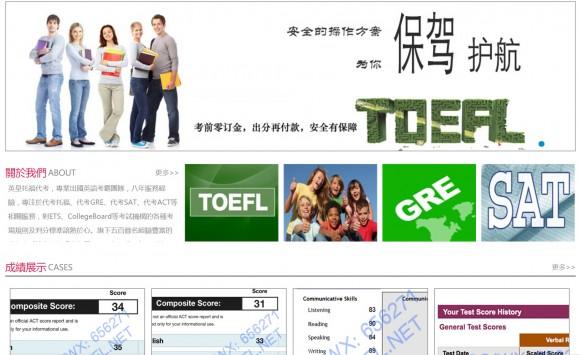Three out of four women from China that have been charged with cheating on language exams to gain admission into American universities have pleaded guilty. The case highlights the growing phenomenon of Chinese students who use fraud to enter the U.S. education system, an industry that in the last decades has seen an ever-growing reliance on tuition from Chinese students.
Earlier in May, U.S. prosecutors arrested Yue Wang, Shikun Zhang, Leyi Huang, and Xiaomeng Cheng, all Chinese students in the United States on F-1 student visas, and charged them with conspiracy to defraud the United States.
Prosecutors said that Wang, a student at Hult International Business School, was paid to take the TOEFL exam for the other three Chinese students, who used their fraudulent test scores to gain admission to U.S. colleges, including Arizona State University, Northeastern University, and Penn State University. The students then obtained visas from the U.S. State Department based on their admission offers.
TOEFL is an exam widely used to assess the English-language competency of foreign students aspiring to gain admission into U.S. colleges and around the world. The test is used by more than 9,000 colleges, universities and agencies worldwide.
Prosecutors said Wang was paid $7,000 to take the test in 2015 and 2016 for the other Chinese students, after they previously took the test and failed to meet the minimum scores required to enter their respective U.S. colleges.
While each of the women faced up to five years in prison if convicted, Cheng, Zhang, and Wang have agreed to plead guilty on Aug. 30 in exchange for prosecutors reducing their sentences to time served and deportation to China. Leyi Huang declined a similar plea deal.
Cheating as an Industry
Among Chinese students the illicit practice of hiring an impostor (also known as a “gunman” in Chinese) to take the entrance exam has been a widely-known phenomena that has existed for years in the country’s multi-billion dollar overseas education industry.
For example, a federal indictment in 2015 charged 15 Chinese nationals with cheating the college entrance examination system using fake passports and test-taking impostors, according to the New York Times.





